There is, there are (A0)
There is, there are – procvičování:
Tato lekce se zabývá úplnými základy. Další informace najdete v pokročilejší lekci: There is, there are (A1)
Look, there is a cat on the tree! = Podívej, na stromě je kočka!
|
There is a cat on the tree!
|
|
There is a bike in the garage.
|
|
There is a house.
|

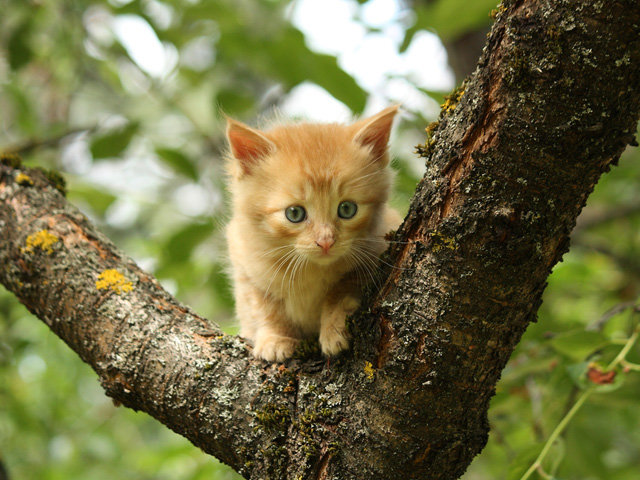
Pomocí vazby THERE IS/THERE ARE vyjadřujeme, že se něco nachází někde nebo existuje.
THERE IS je jednotné číslo:
|
There is a dog in the garden.
|
Na zahradě je pes. |
|
There is a new hotel in our city.
|
V našem městě je nový hotel. |
THERE ARE je množné číslo:
|
There are two dogs in the garden.
|
Na zahradě jsou dva psi. |
|
There are two new hotels in our city.
|
V našem městě jsou dva nové hotely. |
Všimněte si, že místo je na konci věty:
|
There is a dog in the garden.
|
|
There is a new hotel in our city.
|
There is an ATM on this street. = Na této ulici je bankomat.
|
There is an ATM on this street.
|
| On this street is an ATM. |


There is a mosquito on your leg! = Na noze máš komára!
|
There is a mosquito on your leg!
|
| Is a mosquito on your leg! |

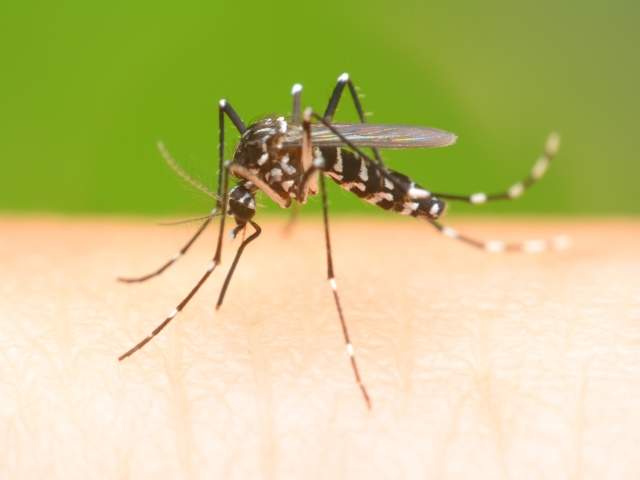
There are many nice places in Sydney. = V Sydney je mnoho pěkných míst.
|
There are nice places.
|
|
There is a nice place.
|


V minulém čase používáme THERE WAS, THERE WERE:
|
There was a concert in the square.
|
Na náměstí byl koncert. |
|
There were many people at the concert.
|
Na koncertě bylo hodně lidí. |
There was a problem with the key in our room. = V našem pokoji byl problém s klíčem.
| Přítomný: |
There is a problem.
|
| Minulý: |
There was a problem.
|


There were empty seats on our flight. = Na našem letu byla volná místa.
| Přítomný: |
There are empty seats.
|
| Minulý: |
There were empty seats.
|


V budoucím čase používáme THERE WILL BE:
|
There will be a concert in the square.
|
Na náměstí bude koncert. |
|
There will be many people at the concert.
|
Na koncertě bude hodně lidí. |
There will be a big storm tomorrow. = Zítra bude velká bouřka.
| Přítomný: |
There is a storm.
|
| Budoucí: |
There will be a storm.
|

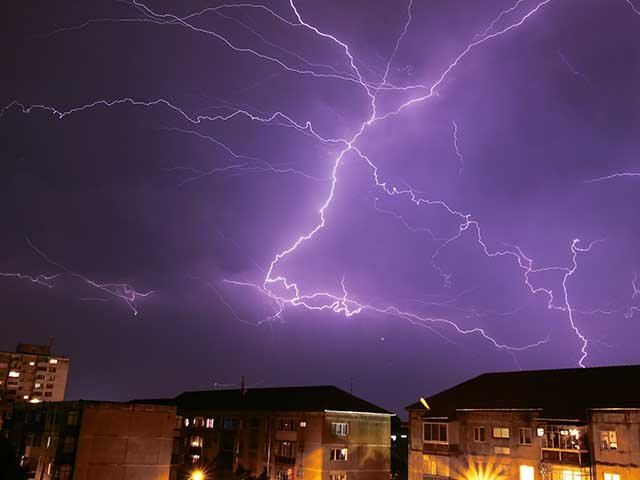
There will be a birthday party on Friday. = V pátek bude narozeninová oslava.
|
There will be a party.
|
| Will be a party. |


V otázce je sloveso (is, are, was...) na začátku věty:
| There is... | Is there...? |
| There are... | Are there...? |
| There was... | Was there...? |
| There will be... | Will there be...? |
Is there milk in the fridge? = Je v lednici mléko?
|
There is milk.
|
|
Is there milk?
|


Excuse me, are there toilets here? = Promiňte, jsou tady záchody?
|
There are toilets.
|
|
Are there toilets?
|

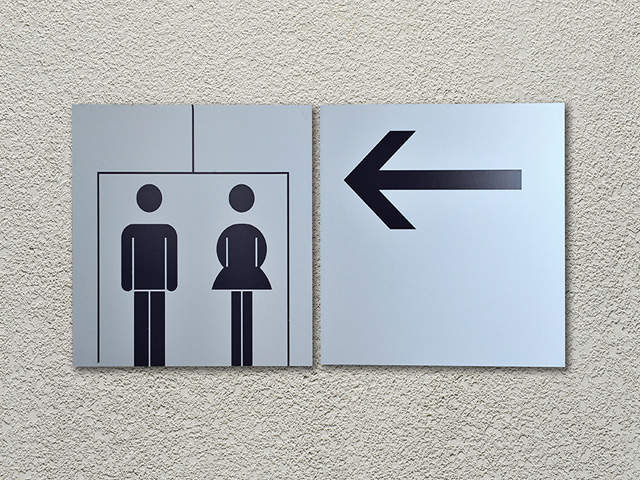
Zápor tvoříme přidáním NOT nebo N'T ke slovesu:
| There is not... | There isn't... |
| There are not... | There aren't... |
| There was not... | There wasn't... |
| There will not be... | There won't be... |
There isn't a supermarket in this village. = V této vesnici není supermarket.
| Je: |
There is a supermarket.
|
| Není: |
There isn't a supermarket.
|


There won't be many tourists on this island. = Na tomto ostrově nebude moc turistů.
| Budou: |
There will be tourists.
|
| Nebudou: |
There won't be tourists.
|


Cestování
A0:Cvičení: CestováníThere is a plane in the sky. = Na nebi je letadlo.
|
There is a plane in the sky.
|
| In the sky is a plane. |


Are there restaurants near the hotel? = Jsou poblíž hotelu restaurace?
| Are there restaurants...? |
| Are restaurants...? |

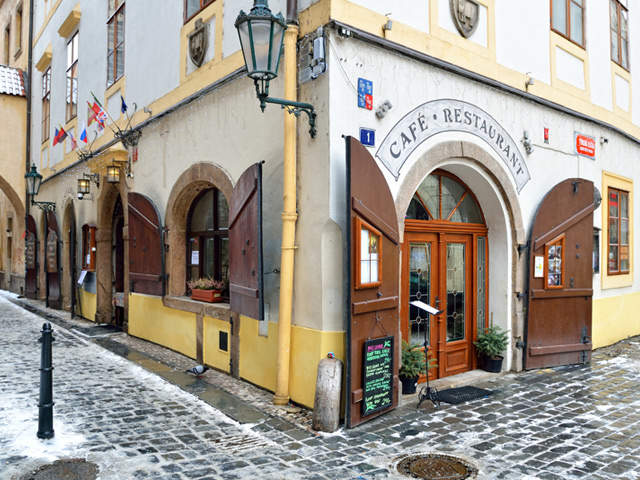
Můj dům
A0:Cvičení: Můj důmThere is a small table in my room. = V mém pokoji mám malý stůl.
|
There is a table in my room.
|
| In my room is a table. |


There are apples on the table. = Na stole jsou jablka.
|
There are apples.
|
|
There is an apple.
|

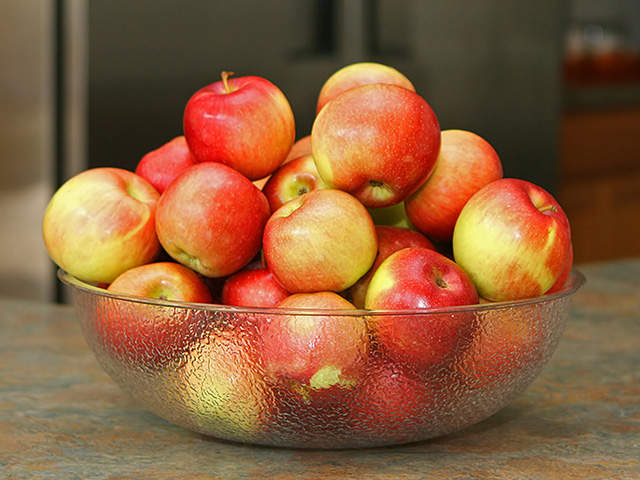
Moje město
A0:Cvičení: Moje městoThere is a woman at the station. = Na nádraží je žena.
|
There is a woman at the station.
|
| At the station is a woman. |


Is there a hospital in this town? = Je v tomto městě nemocnice?
|
Is there a hospital?
|
| Is a hospital? |


THERE IS, THERE ARE – shrnutí a tip na závěr:
- Pomocí THERE IS/ARE vyjadřujeme, že se něco nachází někde nebo existuje (There is a dog... There are two beaches...).
- Místo je až na konci věty (...in the garden. ...on this island.).
- Doporučujeme si procvičit THERE IS, THERE ARE v našich cvičeních.
